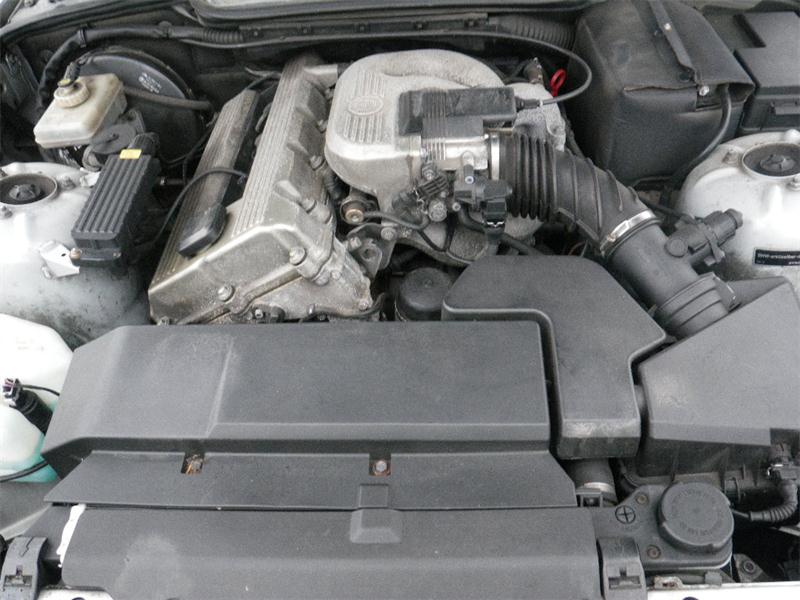Keeping Your BMW 318ti: Vital Tips for Long Life
Keeping Your BMW 318ti: Vital Tips for Long Life
Blog Article
Crucial Considerations for Choosing the most effective Engine for Your Requirements
In the world of picking the ideal engine to fulfill your requirements, several critical variables need careful consideration to make sure ideal efficiency and performance. From the nuanced equilibrium in between power and performance to the often-overlooked facets of maintenance and solution needs, each aspect plays an essential function in establishing the most appropriate engine for your specific needs.
Power and Efficiency
When assessing engines for ideal efficiency, it is vital to prioritize both power outcome and performance. Performance refers to exactly how well the engine transforms gas right into usable power. By very carefully examining both power and efficiency, you can choose an engine that delivers optimal performance and fulfills your requirements effectively.
Fuel Effectiveness and Economy
Fuel efficiency refers to the engine's capacity to transform fuel into power with minimal waste, directly impacting operating expenses and ecological sustainability. Engines with higher gas performance not only minimize gas expenditures yet also reduce carbon exhausts, contributing to a greener operation.

Compatibility and Application
Considering the fuel performance and economic situation of an engine, the next vital aspect to address is its compatibility and application within particular operational contexts. Compatibility refers to just how well the engine incorporates with the general system or equipment it powers.
Different engines are created for certain purposes, whether it be commercial machinery, marine vessels, automobiles, or power generators. Understanding the intended application permits for the choice of an engine that can deliver the necessary power result, torque, and operational features.
Maintenance and Solution Needs
Maintenance and service requirements play an essential duty in making sure the long life and ideal efficiency of an engine. Regular maintenance is essential to prevent failures, prolong the lifespan of the engine, and keep its effectiveness. When selecting an engine, it is very important to consider the supplier's recommended maintenance routine and the schedule of service centers or qualified specialists.
Variables such as the frequency of oil modifications, filter replacements, and total assessments can dramatically affect the engine's performance. Some engines might need more frequent servicing based on their design and use, while others might have longer periods between maintenance checks. It is important to follow these solution requirements to stay clear of costly repair services and unforeseen downtime.
Expense and Budget Plan Factors To Consider
When selecting an engine for a particular application,Budget constraints often play a substantial role in the decision-making procedure. When thinking about the expense and budget plan ramifications of choosing an engine, it is necessary to evaluate not just the preliminary acquisition cost yet likewise the long-term expenses associated with maintenance, gas intake, and possible upgrades or repair services. It is vital to strike a balance in between the in advance price of the engine and its overall lifecycle prices to make sure that the chosen engine remains economically sustainable throughout its functional life-span.
Aspects such as fuel performance, reliability, and sturdiness can directly impact the overall price of possession of an engine. While a much more pricey engine may have greater ahead of time expenses, it might potentially result in reduced upkeep and gas expenditures over time, thus providing better worth in the long run.
Verdict

Fuel effectiveness refers to the engine's ability to transform fuel into power with very little waste, straight impacting operating expenses and environmental sustainability.Aspects affecting fuel efficiency include engine style, combustion efficiency, and overall efficiency optimization. Additionally, choosing the proper fuel type and grade as recommended by the engine supplier can even more improve effectiveness and lengthen engine life expectancy.
Engines with good service attributes and easily available components can lower upkeep prices and reduce the time the engine is out of procedure - bmw 318ti. It is important to strike a balance in between the ahead of time expense of find out here the engine and its general lifecycle expenses to make certain that the selected engine stays monetarily sustainable throughout its functional life-span
Report this page